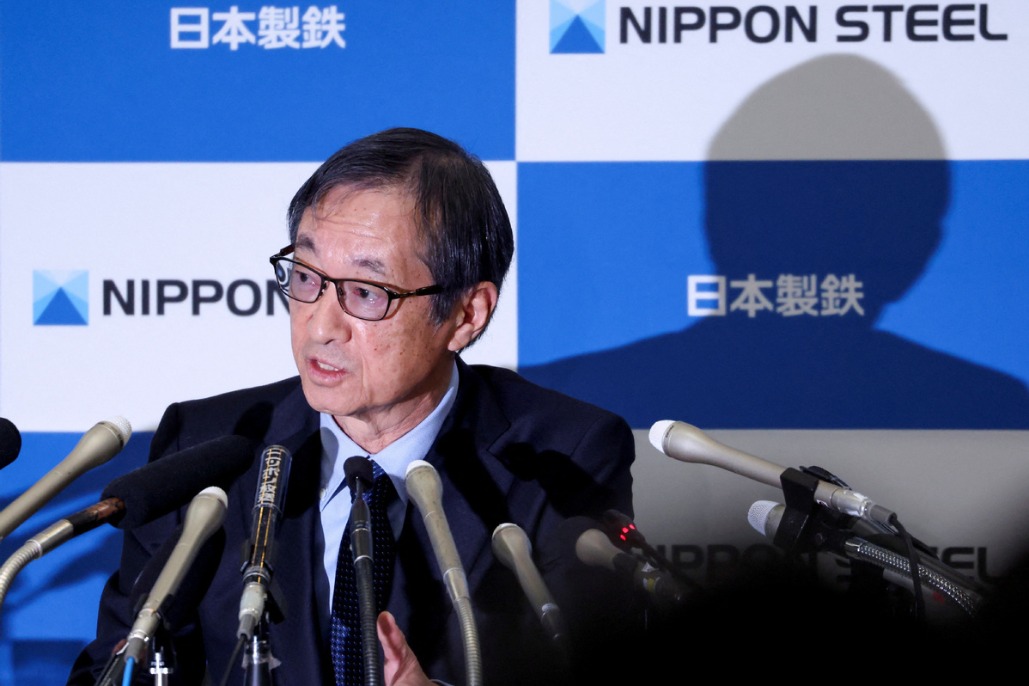UK inflation rate falls to 2.5 percent

The United Kingdom's finance minister, Chancellor of the Exchequer Rachel Reeves, got some unexpected and desperately needed good news on Wednesday, when the Office for National Statistics, or ONS, said prices had risen more slowly than expected in the year to December.
Reeves, who had faced criticism in parliament and among voters after her October budget was blamed for a fall in the value of the pound and for the government facing higher borrowing costs, welcomed the ONS reporting inflation was down to 2.5 percent in December after having been 2.6 percent in November.
Analysts had expected the rate to remain unchanged, or to rise slightly.
It was the first time inflation had slowed for three months and could set the scene for the Bank of England to cut interest rates from the current 4.75 percent, despite the fact that the rate of inflation is still higher than the central bank's target of 2 percent.
Inflation in the services sector slowed even more dramatically than general Consumer Price Index inflation, from 5 percent in November to 4.4 percent in December.
Reuters said the Bank of England looks closely at services inflation and many investors now expect a 0.25 point reduction in interest rates on Feb 6, at the bank's next review.
Reeves, who had faced calls to resign earlier in the week from opposition lawmakers, got more good news on Wednesday, as government borrowing costs also fell, and as the pound rallied slightly, to $1.22, after the publication of the inflation data. The pound had previously been at a 14-month low against the dollar.
Grant Fitzner, the ONS's chief economist, said the lower-than-expected inflation rate was largely down to less-steep price rises for tobacco, clothing, hotel rooms, and meals in restaurants, although those factors were offset by prices for fuel and pre-owned vehicles rising more quickly.
The UK's inflation rate peaked in October 2022 at 11.1 percent, largely because of more expensive fuel attributed to the Russia-Ukraine conflict. But the country has since diversified its fuel sources and inflation has slowed as a result.
Reeves, said the government has been fixated on the idea of combatting price rises by creating wealth through improving economic growth.
"We were clear that growth is our number one priority to put more money in the pockets of working people," she said ahead of the publication of the government's growth strategy.
With some analysts predicting inflation could rise to 3 percent in the coming weeks because of energy price pressure, wage growth, and fallout from a temporary stimulus applied in October's budget, Reeves admitted there was "still work to be done to help families across the country with the cost of living".
"I will fight every day to deliver that growth and improve living standards in every part of the UK," she said.

































